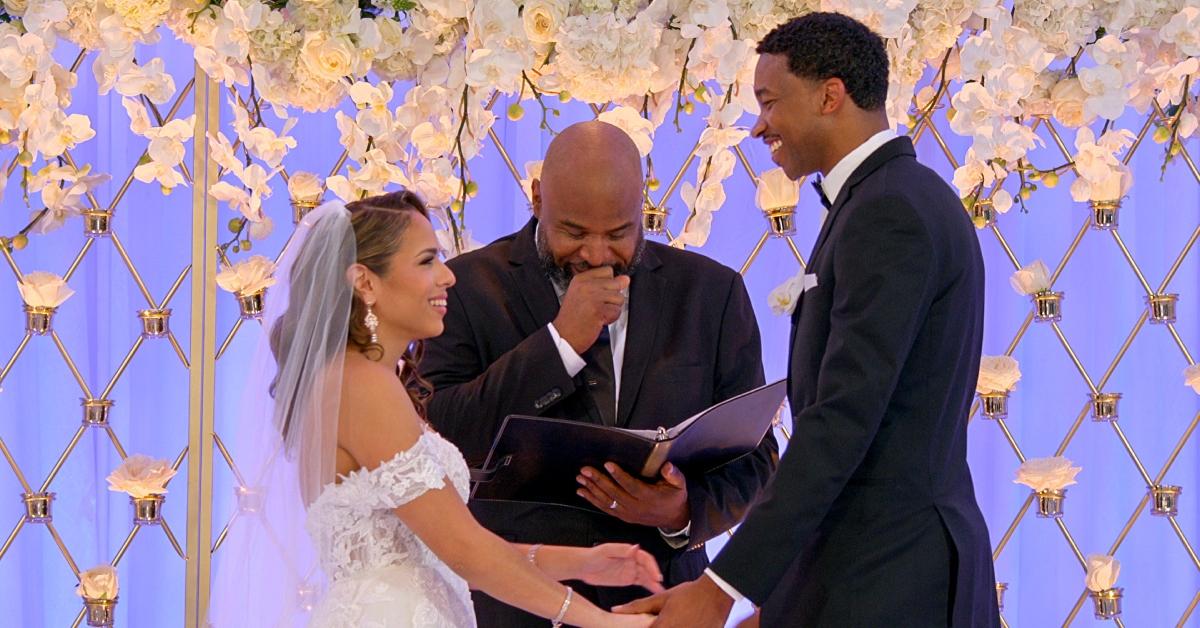The hit reality show “Love Is Blind” has taken the world by storm with its unique premise of fostering connections between contestants who have never seen each other face-to-face. As couples navigate the ups and downs of their relationships, viewers are drawn into a whirlwind of emotions, rooting for their favorite pairs to find lasting love. However, recent reports have sparked curiosity and debate surrounding the financial aspect of the show, particularly regarding who foots the bill for the extravagant weddings featured on the series.

In a surprising revelation, it has come to light that contestants on “Love Is Blind” may be responsible for covering the costs of their own weddings. While the show’s production covers many expenses associated with filming, including travel, accommodations, and venue rentals, contestants reportedly have to dig into their own pockets to finance their nuptials.

This revelation has sparked a range of reactions from viewers and fans of the show. Some argue that it adds an additional layer of authenticity to the couples’ journey, as they are forced to grapple with the financial implications of their decisions. Others express concern over the potential financial strain placed on contestants, particularly in cases where wedding expenses may exceed their budgetary constraints.

Despite the financial burden, many contestants view the opportunity to participate in a televised wedding as a once-in-a-lifetime experience worth investing in. For some, the chance to declare their love in front of a global audience outweighs any monetary concerns, serving as a testament to the depth of their commitment to their partner.
However, critics of the show’s financial model question the ethics of placing such a significant financial responsibility on contestants, especially considering the substantial profits generated by the show’s success. They argue that contestants are essentially footing the bill for their own exploitation, with little to no financial compensation for their participation.

In response to the controversy, representatives for the show have defended the decision, emphasizing the voluntary nature of participation and the opportunity for contestants to showcase their love in a memorable and meaningful way. They assert that while the show provides a platform for couples to celebrate their relationships, the financial responsibility ultimately lies with the individuals involved.
As “Love Is Blind” continues to capture the hearts and minds of viewers around the world, the debate surrounding the financial aspect of the show serves as a poignant reminder of the complexities inherent in the world of reality television. While audiences may be enthralled by the romantic narratives unfolding on screen, it is essential to consider the real-world implications for those who participate, including the often-overlooked financial realities lurking behind the glitz and glamour of televised weddings.



